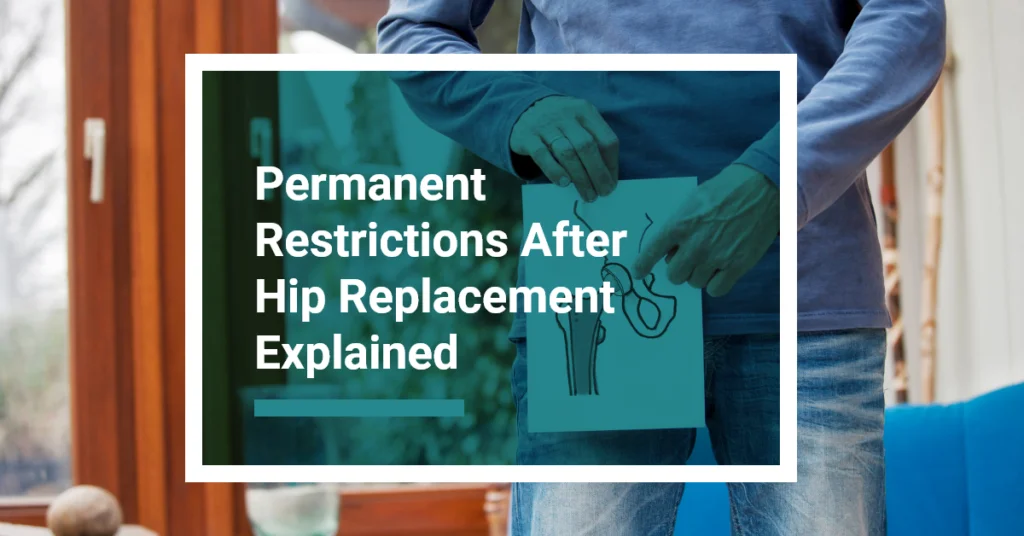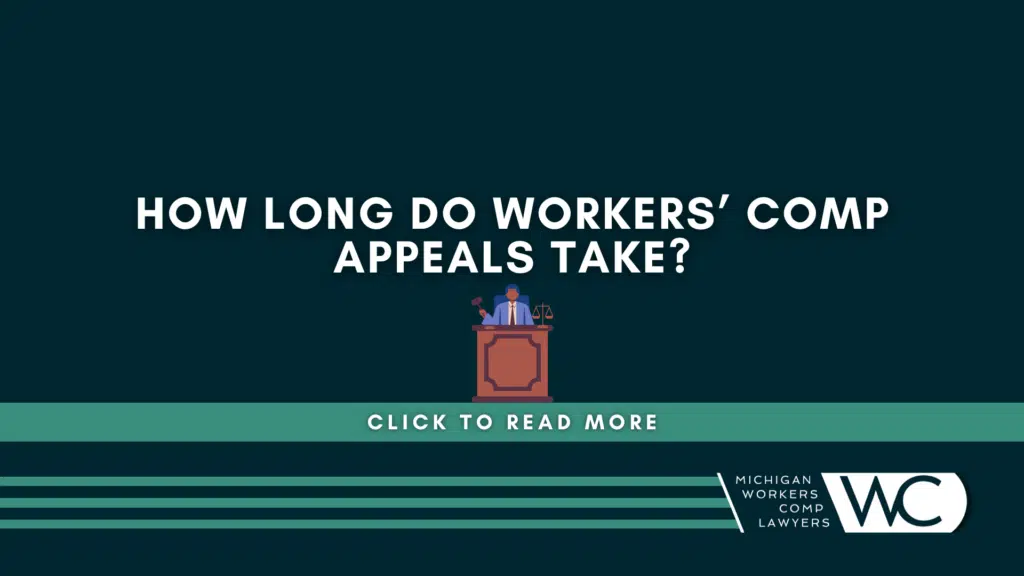Michigan workers’ comp lawyer discusses permanent restrictions after a hip replacement.
Many people on workers’ comp have been doing physical labor for their entire careers. Injuries to the pelvic area can be extremely difficult if they prevent an individual from standing or walking. These activities are needed to perform tasks and it can make specific jobs impossible. This is especially true when an employee ends up with permanent restrictions after hip replacement. The transition to a sit-down job is not easy task and it often results in less earning power.
We encourage our clients who are given work restrictions to start thinking about their future. Many of our clients return to gainful employment with a little planning. Here is some information about reasonable employment, vocational rehabilitation, and workers’ comp settlement.
Reasonable employment under workers’ comp for employees with permanent work restrictions after a hip replacement
Employers are incentivized to get employees with permanent restrictions after hip replacement back to work. Finding them a new position within the company ends responsibility for paying wage loss benefits under workers’ comp. This is called reasonable employment or light duty.
Reasonable employment is defined under Michigan law as work within the employee’s capacity to perform that poses no clear and proximate threat to health and safety. It is not limited to jobs within qualifications and training, so anything goes. The job must also be a reasonable distance from the employee’s home.
Failure to accept reasonable employment can result in a forfeiture of wages. Watch out for employers who violate work restrictions. We have represented many people who have a dispute with their employer about what constitutes reasonable employment.
Vocational rehabilitation under workers’ comp
Vocational rehabilitation is available when an employee must be retrained for a new job. It is possible to get workers’ comp to pay for education and retraining. This is a good option for an employee who has permanent restrictions after hip replacement.
Vocational rehabilitation is supposed to be about helping a person get back to work. Our experience shows that insurance companies abuse the system to pay less. Watch out for vocational counselors hired by insurance companies who do not have best interests at heart and just want placement in any job.
Insurance companies also use “phantom wages” from positions that might not even be available to cut the weekly comp rate. These biased labor market surveys must be challenged in workers’ comp court.
Workers’ comp settlement
Employees can trade workers’ comp benefits for a lump sum cash payment. This is an attractive option because it allows people to put money in the bank and move on with their lives. Our clients with permeant restrictions after hip replacement are then free to do their own job search without interference. They can also use settlement money to get additional medical treatment if needed. Consult an experienced workers’ comp lawyer before settlement negotiations begin so maximum value can be obtained.
Michigan Workers Comp Lawyers never charges a fee to evaluate a potential case. Our law firm has represented injured and disabled workers exclusively for more than 35 years. Call (844) 316-8033 for a free consultation today.
Related information:
When Do You Need A Workers’ Comp Lawyer?



